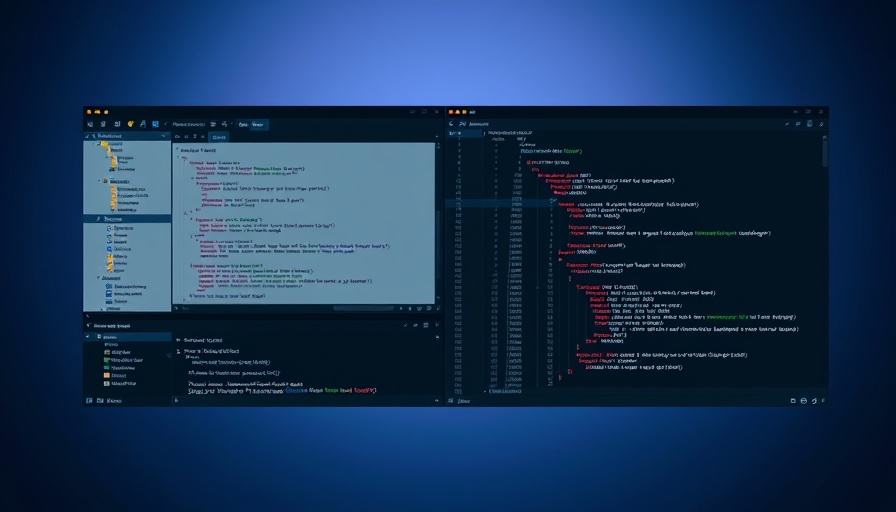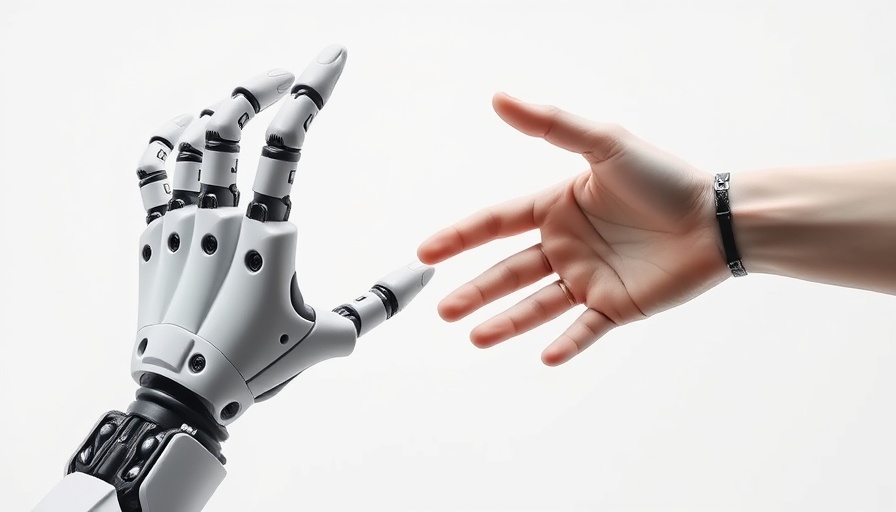
Revolutionizing Coding and AI: A Deep Dive into Google's Latest Examined
As artificial intelligence continues its accelerated growth, Google has introduced an innovative coding agent named Jules 2, set to redefine how programmers and developers engage with code. This leap in technology promises not only to streamline the coding process but also to fundamentally alter the landscape of software development.
The Aim: Enhancing Developer Productivity
Jules 2 is designed to assist developers by automating routine coding tasks and optimizing workflow efficiency. As AI takes on increasingly complex aspects of coding, the implications for job roles within the industry must be evaluated. Will programmers become supervisors of AI, managing its contributions, or will they need to adapt to an evolving skill set as coding becomes more integrated with AI tools?
Cultural and Ethical Considerations of Coding AI
The cultural impact of AI in programming extends far beyond mere productivity. As companies like Google lead the charge toward automation, discussions around job displacement become paramount. The AI-Nexus Report outlines how coding automation could reshape job markets, particularly affecting entry-level positions traditionally held by new graduates. Will we witness a shift toward a skilled workforce highly specialized in AI interaction?
Societal Challenges and Opportunities
While AI offers promising solutions for coding, it also presents societal challenges that require scrutiny. Ethical considerations regarding AI's role in decision-making processes raise questions about bias and accountability. Moreover, as AI takes charge in various sectors, there exists a significant risk of exacerbating income inequality if accessibility to such technology remains limited. How can policymakers ensure equitable access while addressing the ethical implications inherent in AI's growing influence?
Conclusion: Navigating an AI-driven Future
As Google pushes the boundaries with Jules 2, it is crucial for sociologists, policymakers, and technologists to engage in a nuanced dialogue about AI’s impact on society. A collective effort to understand and navigate these changes will ultimately determine whether AI serves as a force for good or a catalyst for inequality. In this rapidly evolving landscape, remaining informed and proactive is vital for ensuring that AI promotes social good and cultural evolution rather than disruption.
 Add Row
Add Row  Add
Add 




Write A Comment